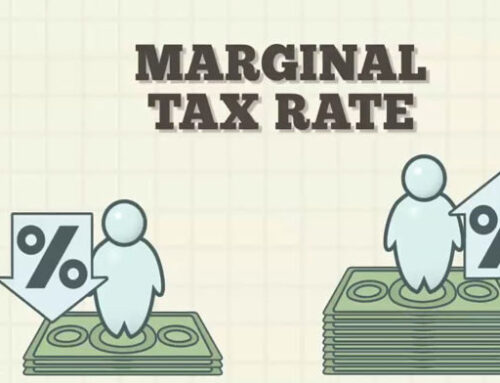It comes as no surprise that a significant number of Canadians engage in the sharing economy and has tax impact of ride, utilizing peer-to-peer ride services like Uber and Lyft, as well as private accommodation platforms like Airbnb. Moreover, this doesn’t even account for other sharing services such as creating and selling goods, peer-to-peer RV sharing, workspace rentals, or providing freelance professional services.
As the demand for conducting business through online platforms continues to increase, the sharing economy continually evolves and offers consumers a broader range of options.
Tax Impact of Ride: Navigating Taxes in the Sharing Economy
When it comes to the sharing economy, what are the tax implications? Let’s explore the rules and guidelines you need to know.
Rule #1: Reporting Income and Claiming Business Expenses
If you’re earning money from the sharing economy, it’s essential to report your income on a T2125 Statement of Business or Professional Activities for Tax Impact of Ride. However, the good news is that you can also claim eligible business expenses. For instance, ridesharing drivers can potentially claim expenses like maintenance costs (gas, oil, tire replacements), vehicle insurance, tolls or parking fees, and cell phone expenses.
Rule #2: GST/HST Registration and Compliance
Once your earnings exceed $30,000, you’ll need to register for a GST/HST account and start collecting GST/HST for the Canada Revenue Agency (CRA). However, ridesharing drivers are an exception as they are required to remit sales tax from the moment they start earning income.
Let’s delve into two prominent sharing economy initiatives: ride sharing and accommodation sharing.
Ride Sharing
As of July 1, 2017, all fares charged by rideshare partners are subject to GST/HST, regardless of the income earned. Except for Quebec, where Uber collects and remits drivers’ sales tax, it is the responsibility of the driver to handle this process. We recommend consulting the CRA’s GST/HST and Commercial Ride-sharing Services info sheet or seeking advice from an Tax Impact of Ride expert to ensure accurate and timely filing of your GST/HST return.
Accommodation Sharing
Whether you’re renting out your primary or secondary residence, offering short-term rentals also carries tax implications. Any income received through accommodation sharing is considered taxable and should be reported as rental income on your tax return using Form T776, Statement of Real Estate Rentals, with the CRA. See Rule #2 above for GST/HST implications.
Don’t Forget Deductions!
Remember to take advantage of deductions. Depending on your rental situation, deductible items may include rent, mortgage payments, cleaning fees, rental commissions, insurance, and other related expenses. To assess your specific rental options, we recommend consulting a local tax expert.
Also read: Blogger Tax Deductions: Do’s and Don’ts

Rule #3: Keep Receipts and Track Expenses
Regardless of how you participate in the sharing economy, keeping receipts and diligently tracking your expenses will make both you and the taxman happy for Tax Impact of Ride.
By understanding these rules and staying on top of your tax obligations, you can navigate the sharing economy with confidence.
Recent Posts
FAQ
When do I need to register for a GST/HST account and start collecting GST/HST for the Canada Revenue Agency (CRA)?
You need to register for a GST/HST account and start collecting GST/HST when your earnings exceed $30,000. However, there is an exception for ridesharing drivers who are required to remit sales tax from the moment they start earning income.




